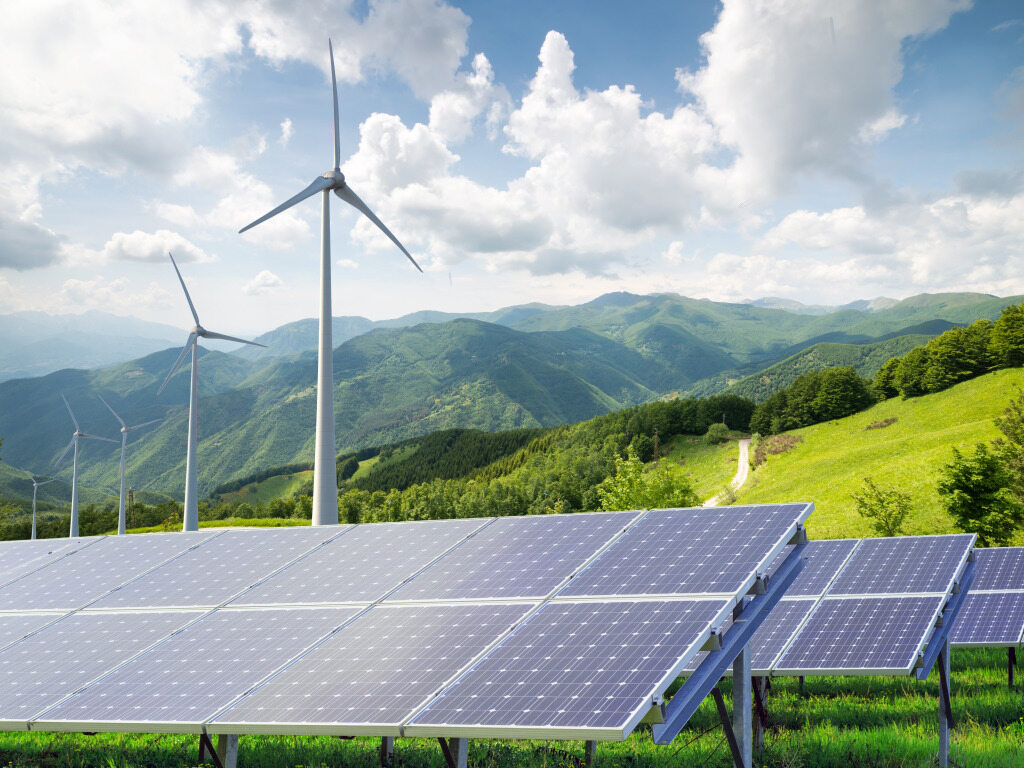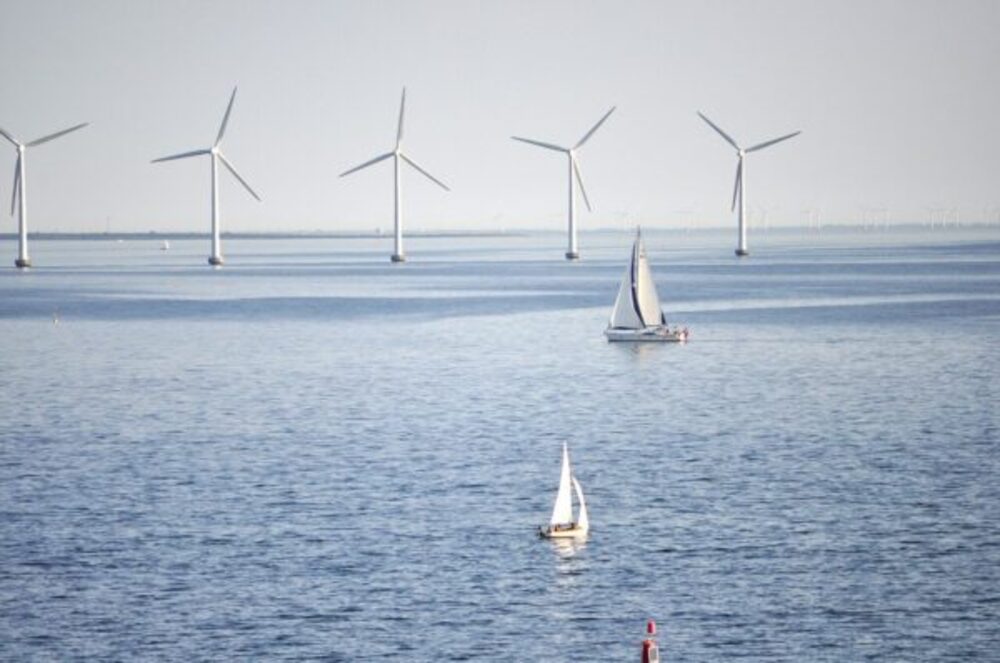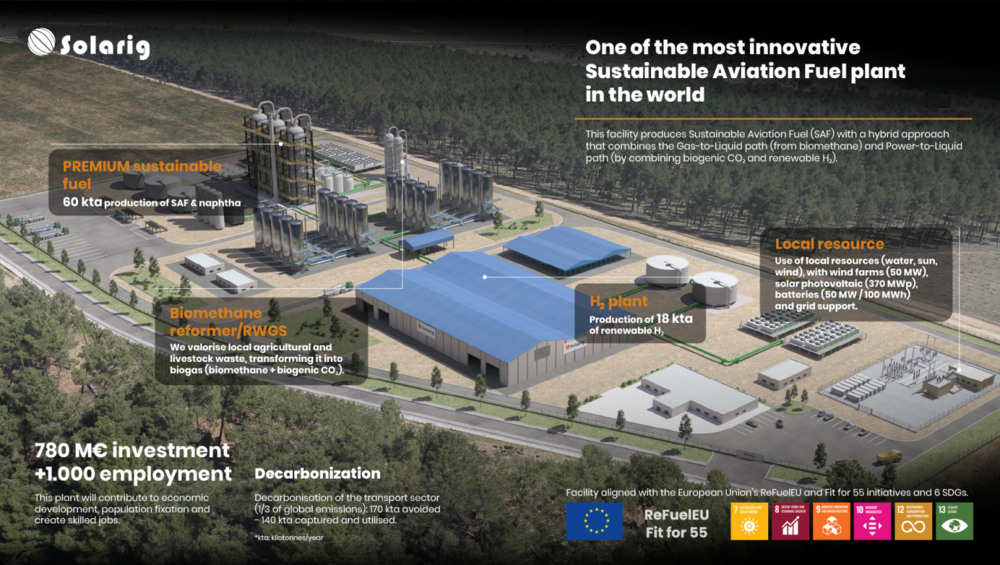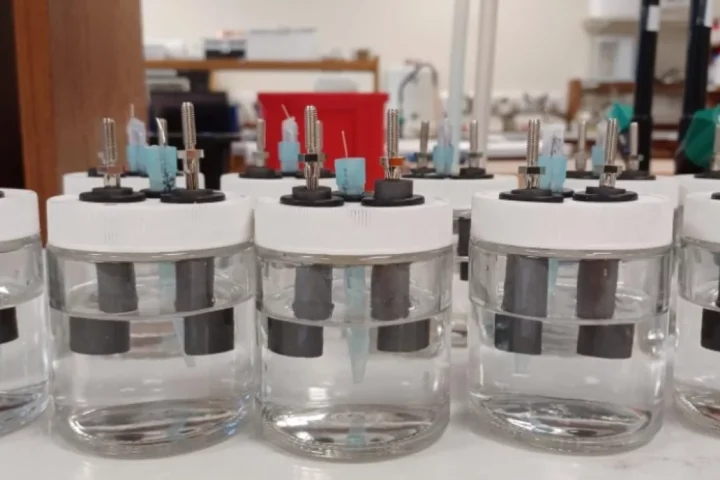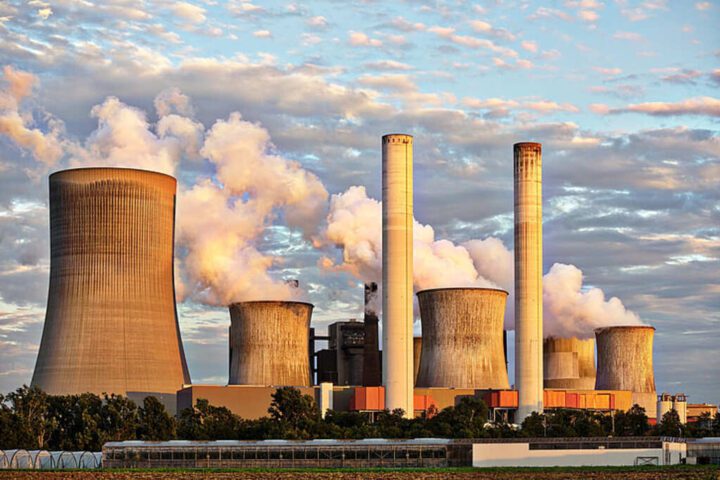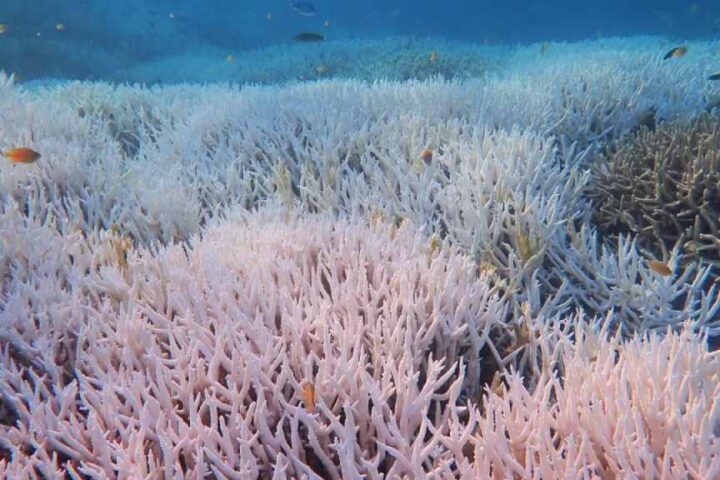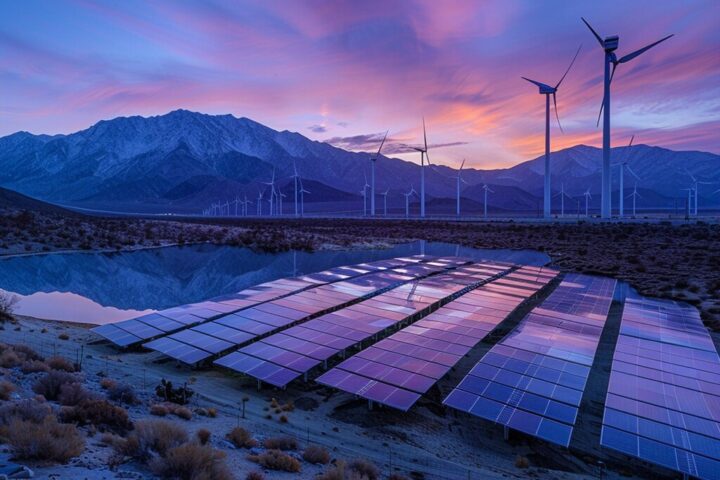Renewable production was responsible for 89% of Portuguese electricity consumption in the first three months of 2024, the highest value for this quarter since 1978, according to data published on Tuesday by Portugal’s Redes Energéticas Nacionais (REN). The Portuguese company responsible for managing the country’s electrical and natural gas networks explains that in 1978, the national system did not yet have a significant thermoelectric component, while hydroelectric power represented a significant portion of it.
In particular, during this first quarter of 2024, hydroelectric power was responsible for supplying 47% of Portuguese consumption, wind power 31%, photovoltaic 6%, and biomass 5%. On the other hand, natural gas supplied 11% of consumption, while the balance of trade with foreign countries was slightly export-oriented, equivalent to around 1% of national consumption. At the end of the quarter, the cumulative annual gas consumption registered a year-on-year decline of 10%, which is the lowest consumption since 2014.
In March, renewable energy production supplied 91% of the electricity consumption in Portugal, making the past month the third consecutive one with renewable coverage values above 80%, following 88% in February and 81% in January. Moreover, the monthly balance of exchanges with foreign countries was export-oriented for the first time this year, equivalent to around 11% of national consumption.
Similar Posts
Regarding the natural gas market, March ended with a year-on-year decrease of 5.8%, a variation driven by the behavior of the electricity production segment, which experienced a year-on-year decrease of 24%, due to the high availability of renewable energies. The supply of the national system was almost entirely from the Sines LNG terminal, with a very reduced balance of exchange through the interconnection with Spain.
REN recalls that renewable energies were responsible for 61% of electricity consumption in Portugal in 2023, totaling 31.2 TWh, the highest value ever recorded in the national system.
